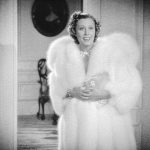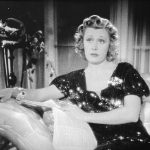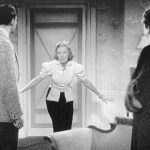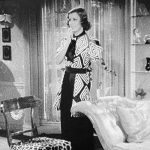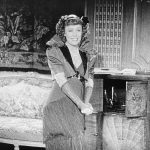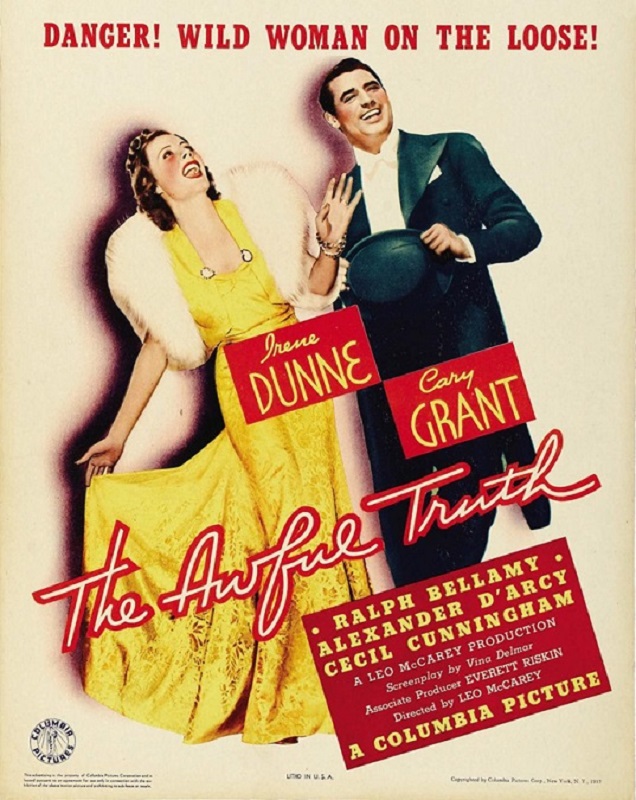
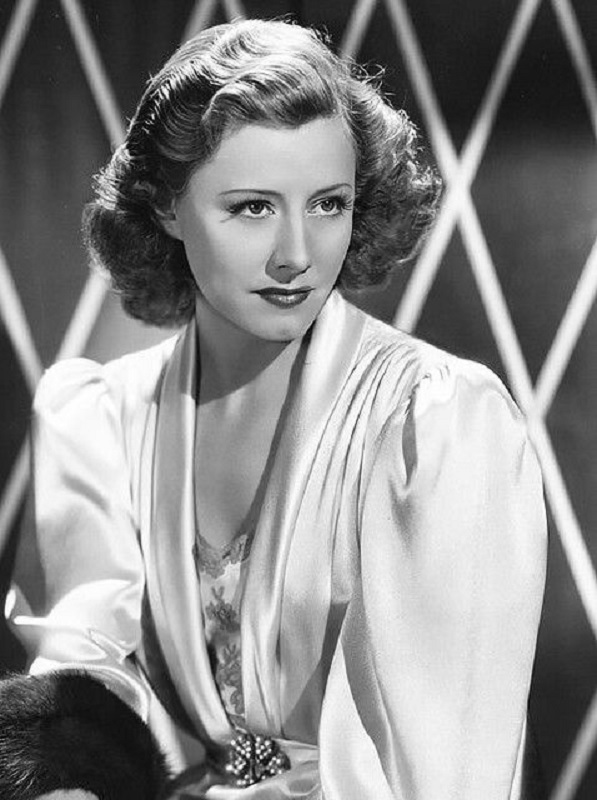

1937 – Irene Dunne
The Awful Truth
First off, let me say that Irene Dunne was gorgeous, full of personality and talent, and she knew how to act. It isn’t surprising that this was not her first nomination for Best Actress. In fact, it was her third of five nominations in the category. She was incredible, and she never disappoints.
Here, she plays Lucy Warriner, a loving and devoted wife whose marriage ends because her husband believes she has cheated on him. Never-mind that it is already established that her husband actually has been cheating. But the accusation of her infidelity is enough to make her call the lawyer on the spot, and file for divorce. She starts dating a wealthy man for whom she has no feelings. And when it later becomes clear that she had never been unfaithful, and she realizes that she still loves her husband, the two reconcile, and the marital trust is restored. But I noticed that his original indiscretion is never mentioned beyond the two second shot where she catches him in a lie about his whereabouts on a trip.
Dunne knew exactly how to play each scene. From the moment she first appears on the screen, she is in complete control of her craft. And throughout the course of the movie, she runs the gambit of emotions from happy to nervous, from depressed to cautious, from angry to drunk, and finally to hopelessly in love. Dunne played it all believably and she made it look easy. I also loved some of the well-placed quick witted lines that were common to the screwball comedies of the era. Dunne delivered them with perfect timing and just the right amount of dryness.
But the film ended with a genuinely dramatic moment to give the narrative a little weight. Dunne really shined during this climax. Though less than three minutes from the rolling of the ending credits, it was the first scene where the jokes and quick quips were all gone, the silliness was done, and some real dramatic emotion rose to the surface. Dunne was beautiful as she tells her husband that the marriage only ended because of what he had imagined she had done, not because of what she had actually done. It was wonderful how she stood up for herself, refusing to take the blame for his groundless suspicions. Well-done, Dunne.
